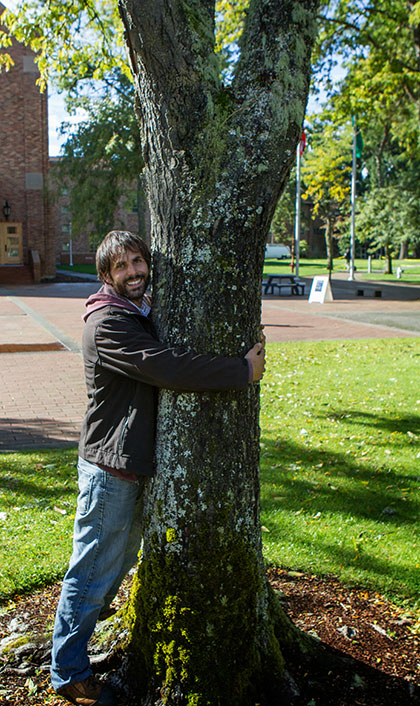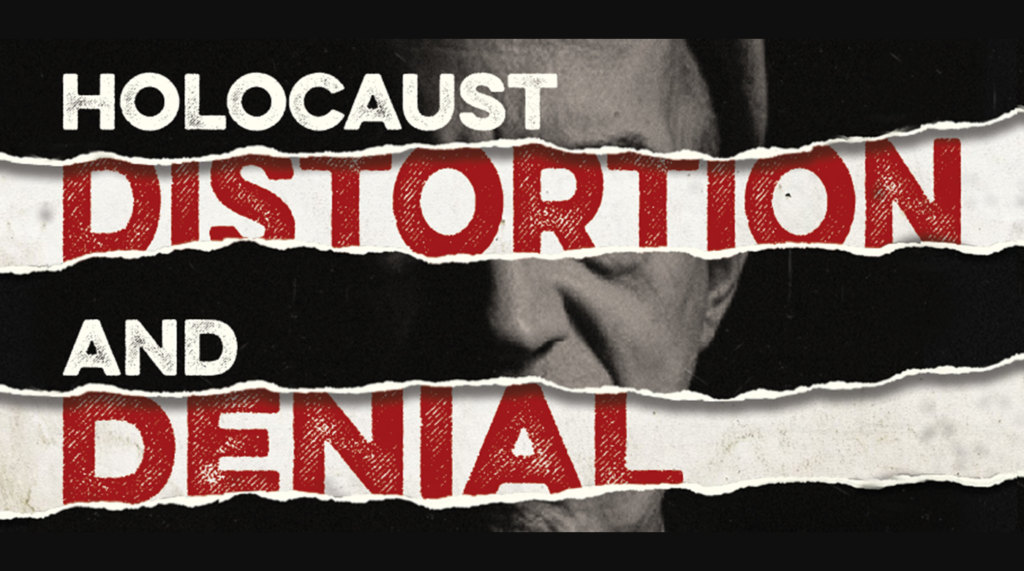Page 183 • (2,651 results in 0.026 seconds)
-
project can receive up to $4,000. The faculty members who received the award for the next academic year are: Spencer Ebbinga, art; Michael Halvorson, history; Susan Harmon, business; Diane Harney, communication and theatre; JoDee Keller, social work; Erin McKenna, philosophy; Laurie Murphy, computer science and computer engineering; Eric Nelson, languages and literatures; Matthew Smith, biology; Marianne Taylor, psychology; Claire Todd, geosciences; and Robert Wells, communication and theatre
-

unPLUg campaign, which kicked off Oct. 4 and encourages students to reduce energy use. “This job is perfect as far as all the different things I want to do,” Lorax said. Lorax has set some sustainability goals of his own while working and living in Parkland. “Long-term goals are to work on community development and community outreach,” Lorax said. “I want to see social sustainability and break down edges between PLU and the Parkland community.” Read Previous PLU’s School of Business ranked as one of
-

prejudices, violence, and other forms of dehumanization. Each conference offers opportunities to learn from major scholars whose research focuses on the Holocaust. Conference sessions also highlight interdisciplinary approaches to Holocaust and Genocide Studies, with especially strong attention given to the arts, humanities, social sciences, health sciences and education. This year’s conference will be the first official collaboration with the Yad Vashem, the World Holocaust Remembrance Center, since
-

theories, research, and policies related to the study of K-12 educational leadership: ethics and social justice, inquiry, policy, and leadership development. The program also includes two job-embedded applied projects focused on program evaluation and instructional leadership and equity impacts in P-12 schools and districts.The Ed.D program at PLU adopts a cohort model with a blended, low-residency program design. Courses will be delivered online and will require on-campus attendance once a month on
-
you representing the university that had such a profound impact on me. The university’s commitment to service, leadership, and social justice has been instilled in me and is a constant influence in my daily decision making. I am often recognized by my peers for my ability to think about complex problems in a unique way that accounts for the larger picture. In trying to determine what has created this unique skill, there’s no doubt in my mind that the courses and experiences at PLU provided a rigor
-
and strategies that student writers need to succeed across academic disciplines and in a wide range of professional environments. Further, Dr. Rogers is interested in extending the learning done in the classroom to communities outside the university via place-focused writing projects and community-engagement activities. Dr. Rogers is most excited about making this transition because PLU is a community of scholars and teacher committed to social justice, community engagement, and rigorous
-
conversion to political activism. His voracious quest for knowledge collided with deep concern for social justice, and he founded United for Peace of Pierce County, serving as the (prolific) author of its website, which has received over 22 million hits since 2002. In parallel, he led “Digging Deeper,” weekly discussions of political and economic analyses hot off the press–totaling over 500 books (2004-2011). Mark’s sweeping intellect and fine legal mind have impressed colleagues and, occasionally
-
between work and family impossible to achieve. Sandnes’ lecture conveyed a much more positive outlook. With her many years as a journalist and participant in social debate on the topics of gender equality and women’s rights, Sandnes combined her professional insights with personal experiences of growing up in an age of increasing gender equality and changing roles for women in society. In particular, Sandnes articulated the ways in which welfare state policy and national legislation have made it
-
raisonnable à croire que de croire une injustice.” In English: Madame Dupin; photo from Wiki Commons ``That women are inferior to men ...is more reasonable to believe than to believe (that there is) injustice.`` They chose these words because they conveyed Dupin’s incisive irony, and because they remain relevant today. For along the same lines, one could say that it is more “reasonable” to believe that poverty is the result of laziness than to consider the social, political, and economic structures that
-
resources that address vital questions about how we shape good, meaningful, and beautiful lives–questions that our discipline still struggles to address. The social sciences expose our students to larger contexts in which to explore human behavior—-historical processes, economic realities, political movements, and cultural influences. Mathematics and the natural sciences reinforce our students’ understanding of psychology’s fundamental methodologies of inquiry and analysis. The breadth of imagination
Do you have any feedback for us? If so, feel free to use our Feedback Form.


